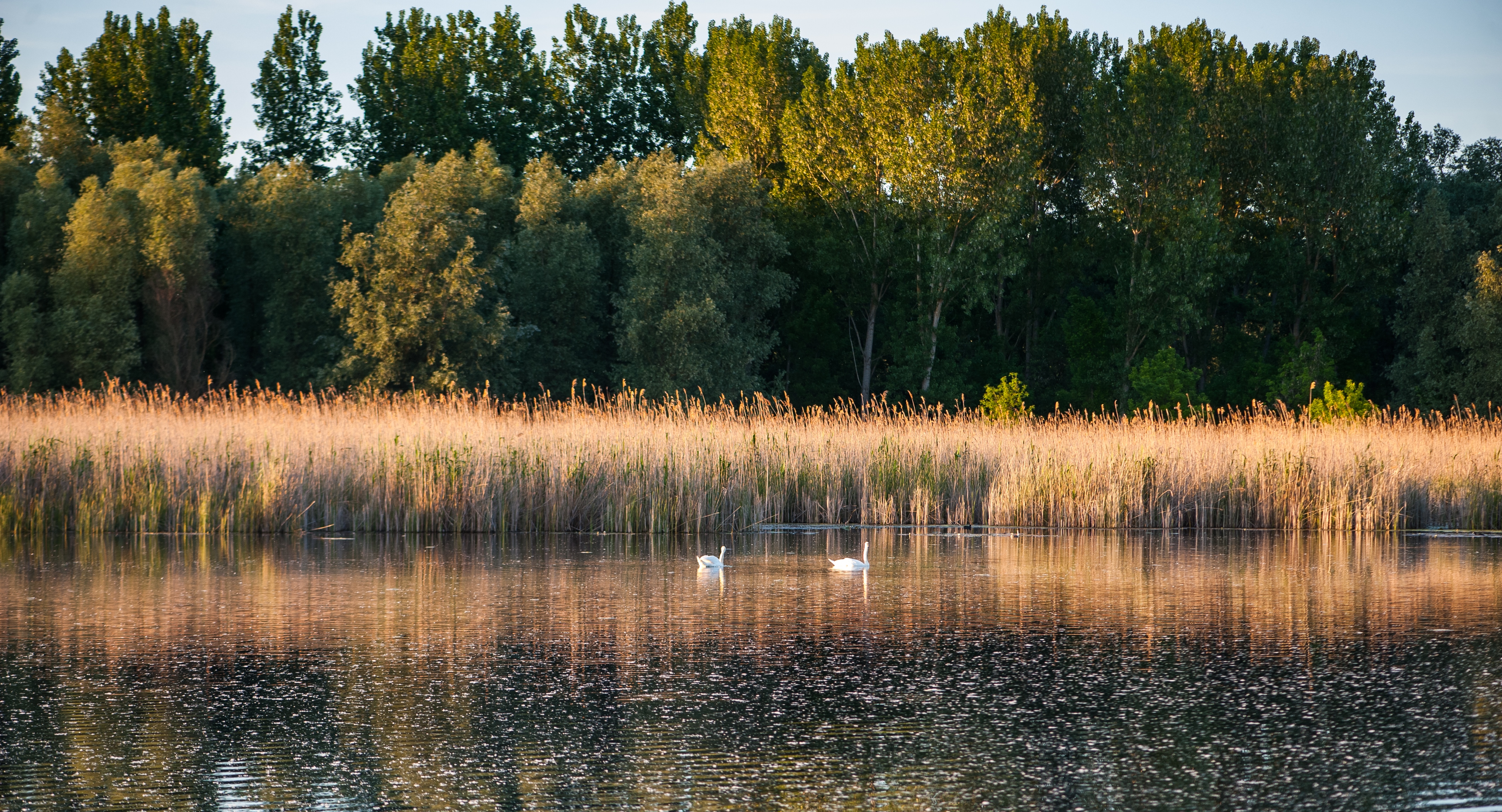
>
Statement by Mr. Braulio Ferreira de Souza Dias, CBD Executive Secretary, on the occasion of the Central and Eastern Europe and Central Asia Regional Capacity-Building Workshop on the Nagoya Protocol on Access and Benefit-Sharing, Minsk, Belarus, 31 March - 4 April 2014
Statement by Mr. Braulio F. de Souza Dias, CBD Executive Secretary, at the opening of the North-West Atlantic Regional Workshop to Facilitate the Description of Ecologically or Biologically Significant Marine Areas, Montreal, Canada, 24 - 28 March 2014
As the world community works to address the growing need for water and energy, and develops an integrated framework of Sustainable Development Goals, let us work together and ensure that water, biodiversity and energy are used sustainably, to help us build the future we want.
As we celebrate the theme of this year's International Day of Forests, "Forests for Sustainable Development", I encourage countries to assess the status of their natural forest capital and the socio-economic contributions that forests provide to society at large.
Montreal, 7 March 2014 - South Sudan deposited its instrument of accession to the Convention on Biological Diversity (CBD) on 17 February 2014, thus becoming the 194th Party to the global treaty on biodiversity and sustainable development. With this accession, the CBD will enter into force for South Sudan on 18 May 2014.
The Collaborative Partnership on Sustainable Wildlife Management (CPW) welcomes the United Nations General Assembly decision to proclaim 3 March as World Wildlife Day, as a means of celebrating the importance of the world's flora and fauna, strengthening efforts to conserve biodiversity and stepping up the fight against the illegal trade in wildlife.
Statement by Mr. Braulio F. de Souza Dias, CBD Executive Secretary, at the opening of the Arctic Regional Workshop to Facilitate the Description of Ecologically or Biologically Significant Marine Areas, Helsinki, Finland, 3 - 7 March 2014
Message of the CBD Executive Secretary, Braulio Ferreira de Souza Dias, on the occasion of World Wildlife Day, 3 March 2014
Bringing international recognition and a substantial monetary prize to three outstanding individuals, nominations are now invited for The MIDORI Prize for Biodiversity 2014. The call for nominations remains open from 1 March to 31 May 2014.
Nominations are now invited for The MIDORI Prize for Biodiversity 2014, a biennial international prize co-organized by the AEON Environmental Foundation and the Secretariat of the Convention on Biological Diversity (CBD). The Prize honours individuals who have made outstanding contributions to the conservation and sustainable use of biodiversity.
A megfelelő élmény biztosításához sütikre van szükség.
 >
>

 >
>